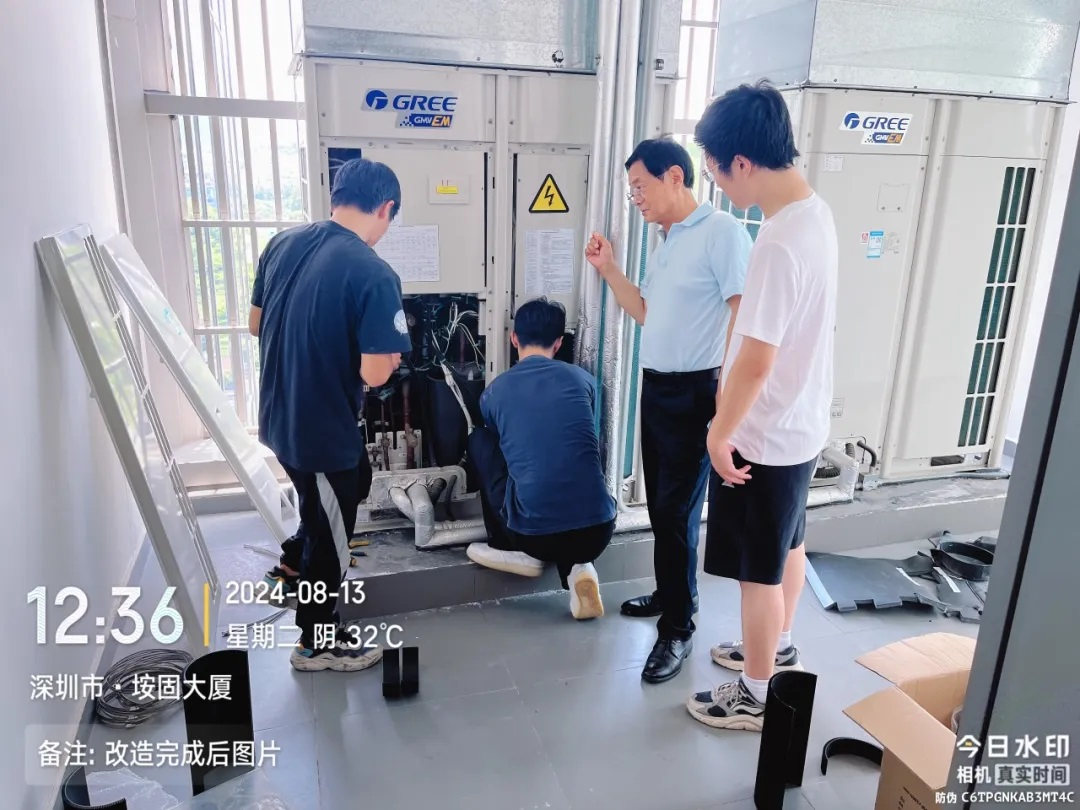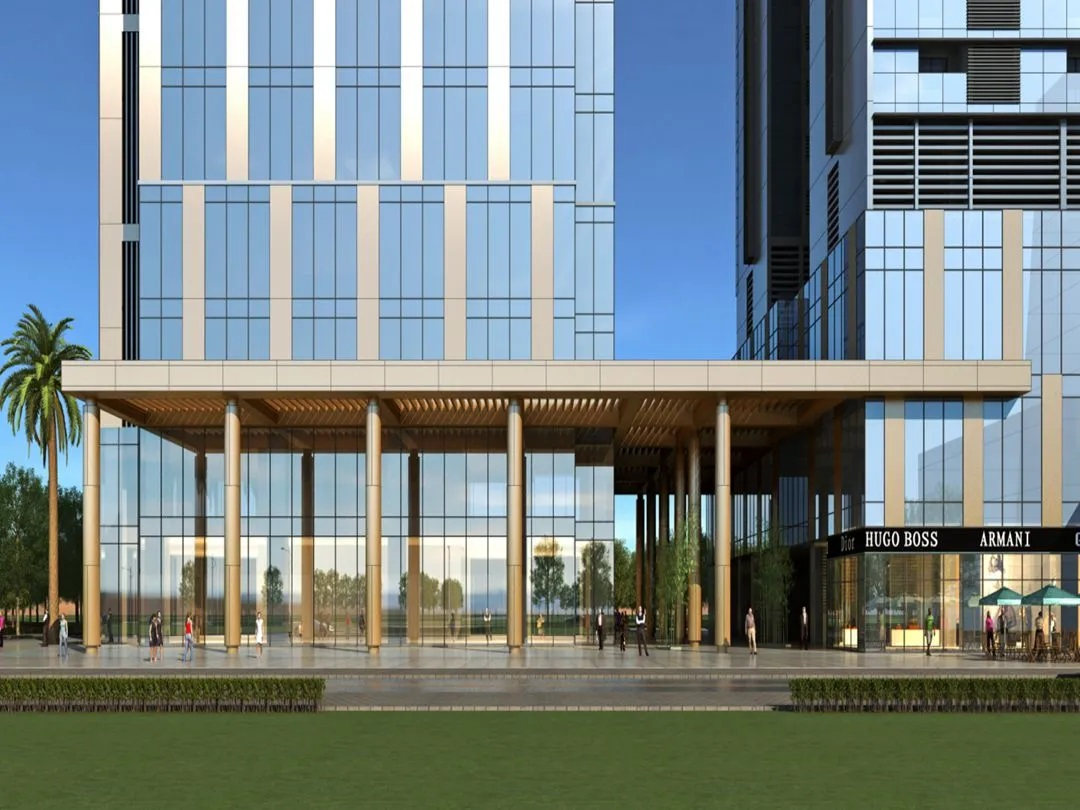In recent years, increasing climate anomalies and intensifying greenhouse effects have made carbon reduction a global imperative. Governments worldwide are implementing policies to promote green, low-carbon development. China's 2021 Carbon Peak Action Plan Before 2030 and 2022 14th Five-Year Plan for Building Energy Efficiency both emphasize critical needs for:
- Enhancing building energy standards
- Implementing large-scale retrofits
- Optimizing energy structures

- Location: Grade A office building in Shenzhen
- Area: 26,300 m²
- Technology: Polymer composite materials + smart control systems
- Result: Reduced hourly consumption from 14.03kWh to 8.62kWh

Modern buildings face pressing challenges:
✓ HVAC systems consume 50-60% of total building energy
✓ VRF systems (36% market share) run 15-24 hours daily in commercial spaces
✓ Air conditioning accounts for over 30% of operational costs in offices/hotels
Our Air-Cooled VRF Optimization System delivers:
✔ 25-38% proven energy savings
✔ Dual benefit: Lower carbon emissions + reduced operating costs
✔ Non-invasive retrofit requiring no system replacement
✔ Extended equipment lifespan through thermal management
Ideal for:
• Office towers • Hotels • Educational campuses • Retail complexes
- 10+ years HVAC specialization
- Patented material science applications
- Compliance with international sustainability standards
- Measurable ROI within 12-24 months
Technical Advantages:
1. Smart adaptive control algorithms
2. Advanced heat exchange materials
3. Real-time energy monitoring
4. Seamless integration with existing systems